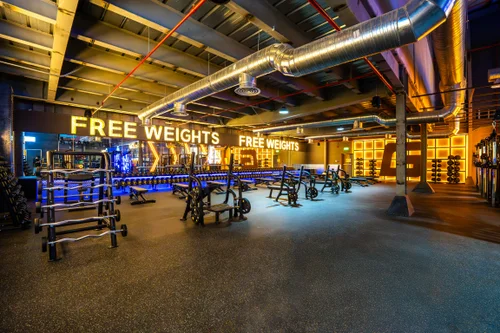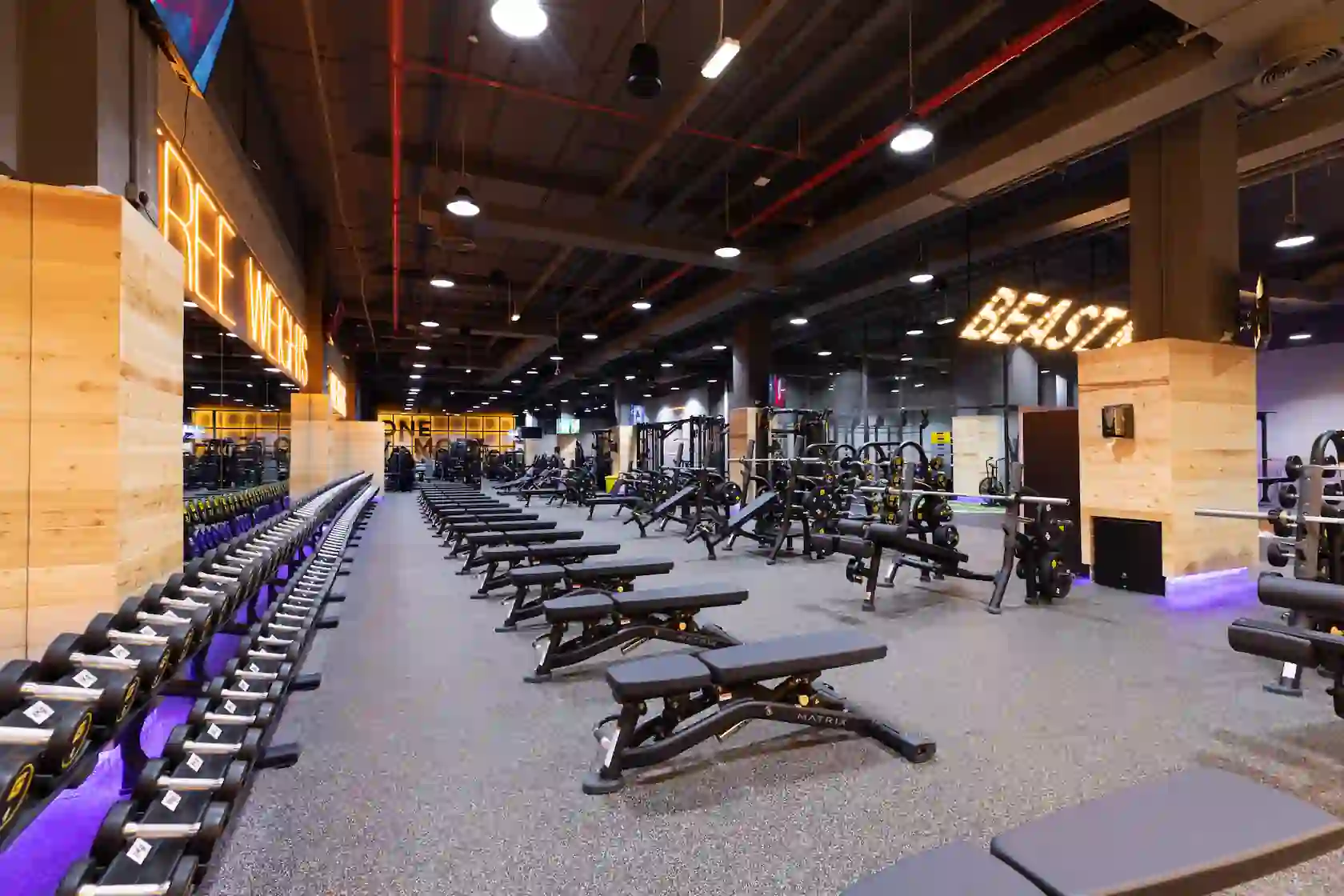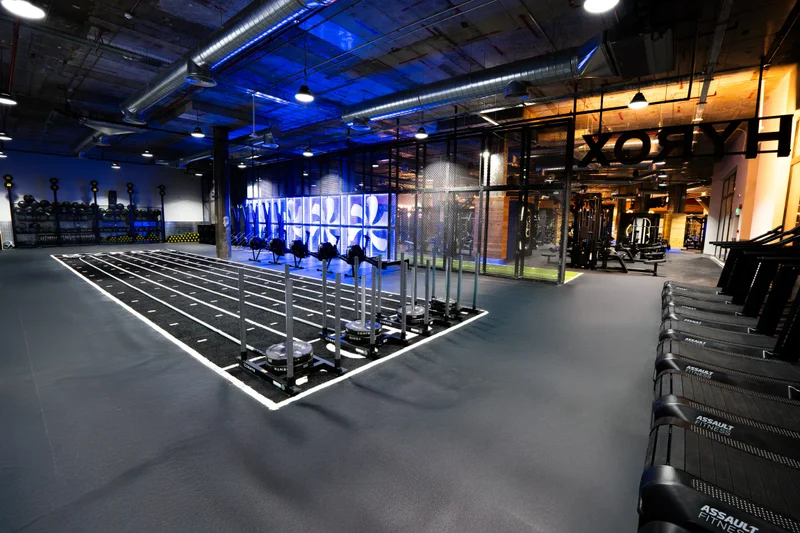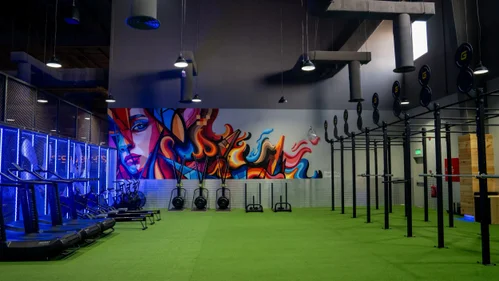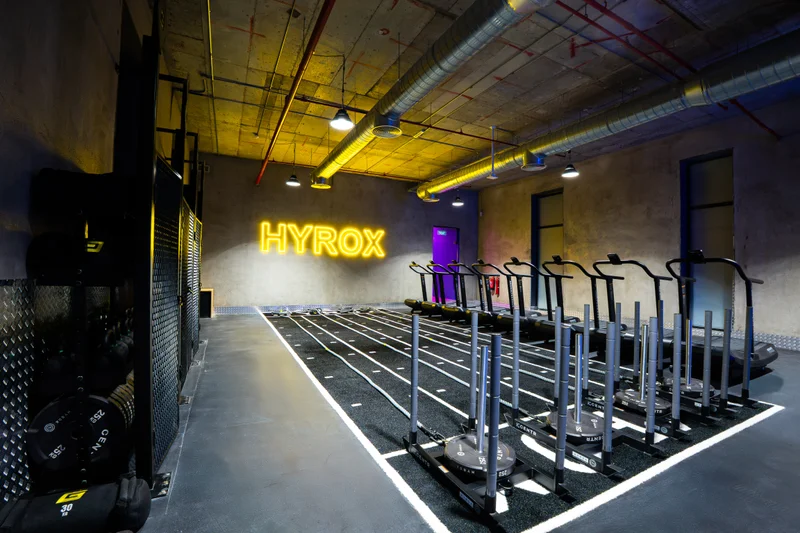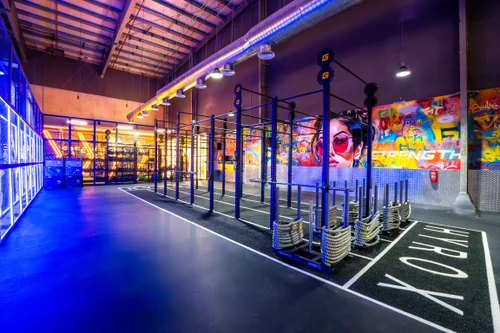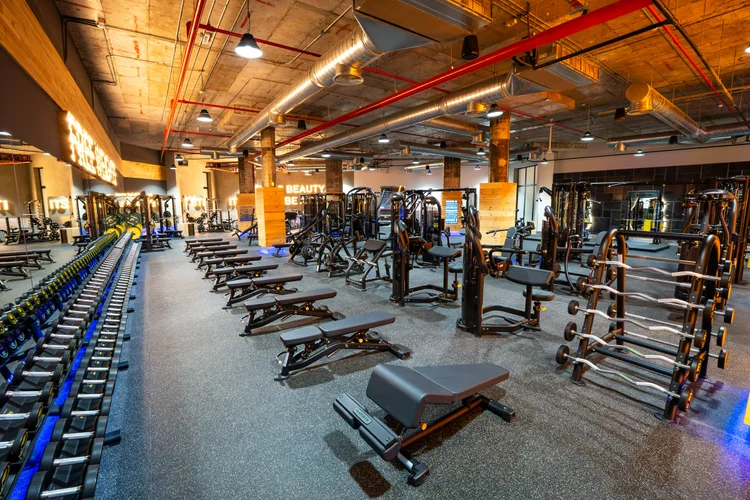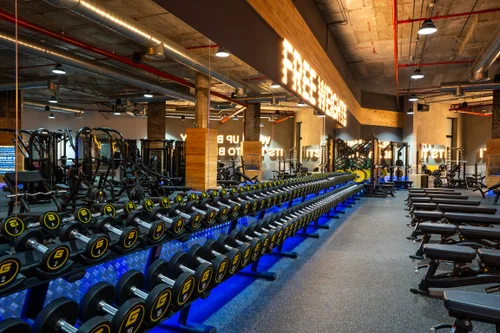The Hidden Dangers of Overgymming: When Fitness Becomes a Risk

SIGN UP FOR YOUR FREE DAY PASS TODAY!
As fitness culture grows, promoted by social media influencers and their extreme transformation stories, a dangerous myth has taken hold: that more pain equals more gain.
However, doctors are warning that pushing your body too hard in the gym without the right knowledge can lead to serious, and sometimes irreversible, health complications.
What's your go-to workout time?
The "No Pain, No Gain" Myth
Many people believe that overexertion is the fastest way to achieve their dream body, but experts say this mindset is flawed and risky.
"The popular fitness mantra ‘No pain, no gain’ wrongly convinces people that discomfort equals progress," explains Dr. Vaibhav Daga, a sports medicine consultant.
This is fueled by social media, where extreme transformations are highlighted without showing the injuries or dietary compromises behind them.
This pressure to achieve unrealistic goals leads people to push beyond safe limits, resulting in a range of health issues from muscle tears to renal failure.
TRAIN LIKE AN OLYMPIC MEDALLIST!
The Risks of Pushing Too Hard
Overdoing it at the gym can cause more than just muscle soreness. The potential health consequences are serious and can affect both your body and mind.
- Physical Injuries: The most common issues are muscle and joint injuries like sprains, ligament tears, and stress fractures, often caused by lifting excessive weight with poor form.
- Hormonal Imbalances: For women, overtraining combined with low-calorie diets can lead to hormonal imbalances, causing menstrual irregularities and affecting bone density.
- Weakened Immune System: Pushing your body too hard can weaken your immune system, making you more susceptible to infections.
- Cardiovascular Strain: In some cases, overexertion can lead to heart rhythm problems (arrhythmias) or, in rare instances, sudden cardiac events.
- Mental Health: The pressure of extreme fitness regimens can also contribute to anxiety, irritability, and depression.
Experts warn that consistent overtraining can lead to chronic conditions like degenerative osteoarthritis and long-lasting musculoskeletal pain.
GET HYROX RACE READY AT GYMNATION
Warning Signs to Watch For
Your body will often signal when you’re pushing it too far. Be aware of these red flags:
- Persistent muscle soreness and joint pain
- Increased fatigue and sleep disturbances
- A noticeable drop in athletic performance
- Mood changes, such as irritability or anxiety
- A racing heart or shortness of breath
- Irregular menstrual cycles in women
- More frequent illnesses or infections
VINYASA YOGA CLASSES AT GYMNATION
How to Train Safely
Fitness should be a sustainable, balanced part of your life, not a source of injury. Experts recommend a smarter approach.
- Prioritize Warm-Ups: Always spend 5-10 minutes warming up before you begin your main workout to prepare your muscles and joints.
- Listen to Your Body: Incorporate rest days into your routine to allow for recovery. Avoid training the same muscle group on consecutive days.
- Follow Guidelines: Aim for about 150 minutes of moderate activity or 75 minutes of vigorous activity per week, unless you are working under professional supervision.
- Consider a Trainer: Especially for beginners, a qualified trainer can create a customized plan, teach proper form, and help you identify the early signs of overtraining.
- Adopt a Holistic Approach: True health is about more than just gym time. Focus on good nutrition, flexibility, and mental wellbeing through practices like meditation. Outdoor activities like cycling or swimming can also provide a great full-body workout.
By focusing on a balanced and mindful approach, you can achieve your fitness goals without sacrificing your long-term health.
Source: financialexpress
The opinions shared in the GymNation blog articles are solely those of the respective authors and may not represent the perspectives of GymNation or any member of the GymNation team.
Frequently Asked Questions
What are the consequences of overdoing it at the gym?
GET YOUR FREE TRIAL TODAY


























